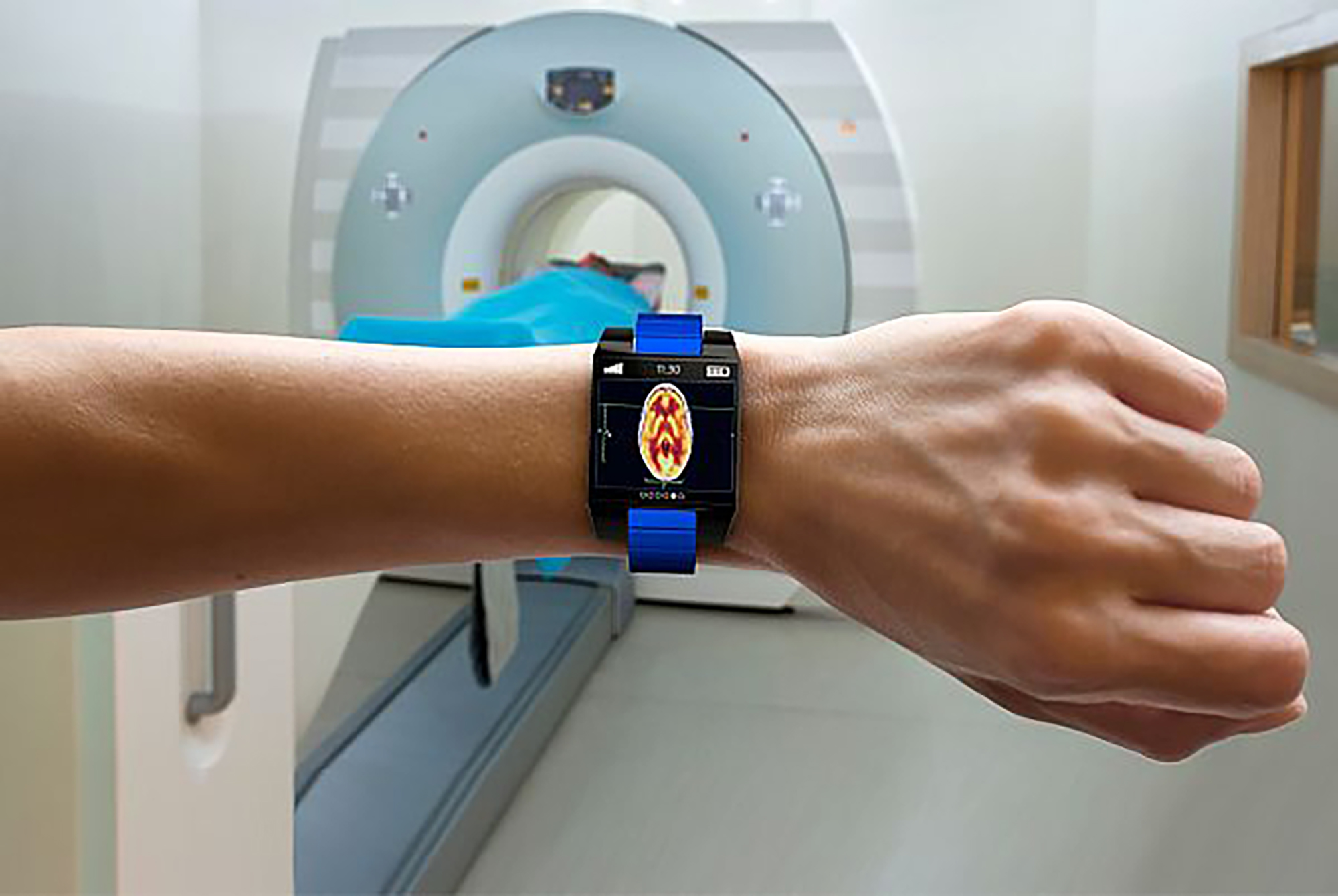Could decentralized clinical trials shape the future of research?

In the last few decades, technology has developed in leaps and bounds, creating a digital era where even everyday household objects such as toothbrushes or televisions can be enhanced by connectivity. Features like Bluetooth and connection to the cloud, that were once considered nice-to-have or reserved for premium products, are now essential prerequisites in even basic models. However, the benefits of introducing technological innovations into our homes extends beyond just entertainment or leisure, and is notably helping to drive forward medical advancements in the world of clinical trials. Decentralized clinical trials are quickly coming to the fore, backed by a general acceptance and understanding of how to use technology to share information, and this is creating benefits for both participants and sponsors alike.
Benefits of connected devices in decentralized clinical trials
1. More data, more frequently
Wearables can automatically and continually measure a participant’s biometrics, and translate this information directly into a digital format to be stored on a data server, such as a smartphone application. This allows medical staff from clinical trials to regularly monitor and chart the progress of participants for more datapoints, leading to more accurate conclusions.
2. Increased patient retention
Participants are usually not expected to visit clinical trial sites as often during decentralized trials, greatly reducing the burden and simplifying the process for them. This is likely to translate into increased patient retention, and cost savings for the sponsor.
3. More robust studies
Removing the reliance on clinical sites, trial providers will be able to diversify their patient pools and expand their geographical reach.
4. Improving accessibility
Visiting a clinical trial site is not always feasible for certain patient cohorts, particularly those who are extremely unwell, elderly or less able to get around unaided. Connected devices get around this limitation by obtaining measurements in the comfort of the patents’ own homes, expanding the potential for clinical trials in critical research areas, such as oncology.
5. Increased participant safety
Regularly monitoring patients’ vital signs in real time and feeding that information back to clinicians can help to pick up on small changes or intermittent episodes in a patient’s biometrics that may otherwise be missed between appointments. This can help clinical staff to intervene more promptly if necessary, increasing trial safety.
Finding the perfect balance
However, personalized biometrics provide only a snapshot of the objective endpoint data needed to draw conclusions from clinical trials. So, while the benefits of decentralizing some aspects of a trial workflow are clear, there are – of course – measurements and processes that will still require a participant to attend a clinic in person. For example, tests using complex devices or screening protocols, such as biopsies, would be significantly more difficult to obtain in the field. In these instances, clinical trials can adopt a hybrid approach, using the data points collected from wearables to complement on-site visits or virtual meetings.
How can Woodley help?
Whether adopted as a complementary hybrid solution or used to replace existing protocols, it’s our opinion that methods to decentralize clinical trials are here to stay. We have over 30 years of experience in supplying sites and visiting nurses with equipment and devices that can be brought to the patient’s home, making us perfectly poised to help companies transition into this new way of working. We have a logistics team that has meticulously perfected a supply chain network, expanding our reach across the globe and enabling us to deliver to more remote locations in more countries than ever before. And we have already begun to introduce wearables into our portfolio for decentralized clinical trials. In addition, our process of renting and supplying equipment means that we always have a guaranteed supply chain to redistribute systems to wherever they might be needed.
Alongside our extensive range of rental equipment for clinical trials, we also have a list of data partners and a dedicated sourcing team that will specifically source equipment for your study, whether that be a particular make or model, or a suggestion based on your specifications. This flexible, device-agnostic approach allows us to work closely with you and your chosen supplier to find the perfect solution tailored to your needs. So, whether you’re looking for a centralized, decentralized or hybrid approach, Woodley can help you find the answer.
To discuss how we can assist with your connected devices supply for your clinical trial, please get in touch.
Share